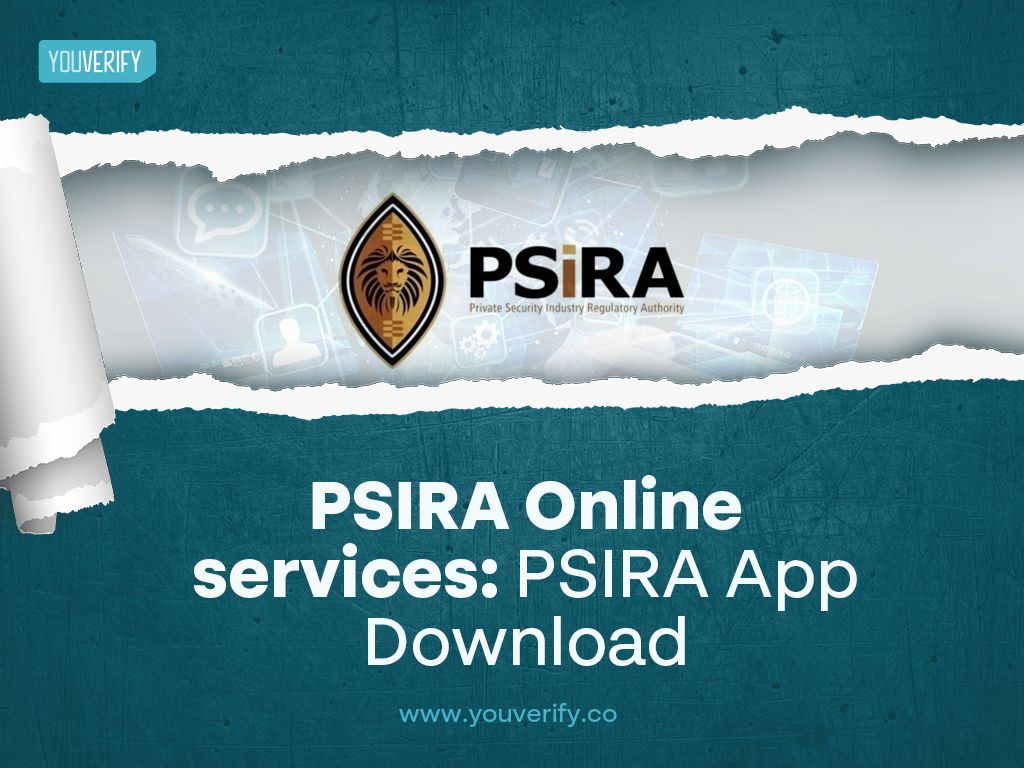In South Africa, the cash loan business is one of the major lucrative businesses that young entrepreneurs want to pursue. It generates a substantial amount of profit and consistently helps the community by increasing cash flow within the country.
However, this can not be achieved if one’s cash loan business is not registered in South africa. There are certain official bodies that regulate the registration of new businesses or even financial; specific businesses that run in South africa.
These governmental bodies include the National Credit Regulator (NCR), The Companies and Intellectual Property Commission (CIPC) and many others which would be discussed. But in most cases third party companies might be of help to streamline the registration process; this we would discuss in this article.
This article is well-detailed and aims to explain the intricacies of registering a cash loan business in South Africa. We will also discuss the advantages of this process and provide additional tips to make it easier.
Steps to Register a Cash Loan Business in South Africa
To register a cash loan business in South Africa, follow these steps:
Step One: Research and Compliance
For credit related businesses, familiarizing yourself with regulations outlined in the National Credit Act (NCA) is one paramount aspect that can never be over emphasized.
The NCA governs all credit-related activities in the country, ensuring fairness and protection for both credit providers and borrowers. It outlines key requirements such as responsible lending practices, maximum interest rates, and the proper handling of consumer data.
The point is that if you do not follow the regulations, your business might not receive official recognition. Simply put, your business will not be approved if you fail to adhere to these regulations. These regulations not only safeguards your business from legal penalties but also builds trust with your customers by demonstrating ethical and lawful operations.
These required compliances include meeting licensing requirements from the National Credit Regulator (NCR), adhering to tax obligations, and implementing robust credit policies that align with the NCA. A lack of compliance can lead to hefty fines, suspension of operations, or reputational damage.
Step Two: Business Name Registration
After familiarizing yourself with regulations outlined in the National Credit Act (NCA), the next step is to register your cash loan business by officially establishing it with the Companies and Intellectual Property Commission (CIPC).
This process involves selecting a business structure that aligns with your operational needs, such as a sole proprietorship, partnership, or private company.
This process would actually require that you submit required documents, including proof of identification, address, and a chosen business name. Once approved, the CIPC will issue a certificate of incorporation, confirming the legal existence of your business.
To streamline this process, you can use a third party company such as the Allnew Media Solution in South Africa. They can help you get your business registered within three working days. All you have to do is submit four proposed names for your business, your company’s director details and make a one time payment of R575.
Here is am image that depict the hompage for their website
Step Three: Apply for a National Credit Regulator (NCR) License
Securing a license from the National Credit Regulator (NCR) is a crucial step for anyone looking to operate as a credit provider in South Africa. The NCR plays a vital role in ensuring that credit providers adhere to ethical practices and comply with the standards outlined in the National Credit Act (NCA).
To begin the application process, you will need to submit your business plan, financial statements that reflect your ability to operate responsibly, and proof of business registration from the Companies and Intellectual Property Commission (CIPC). The thoroughness of your application directly impacts the likelihood of approval, making it essential to meet every requirement accurately and on time.
This license is more than a compliance requirement—it is a mark of credibility that assures customers of your commitment to fair and responsible lending. It is also worth noting that failure to secure an NCR license can lead to severe consequences, such as fines or the closure of your business.
Step Four: Register for Tax Compliance
Tax compliance is a non-negotiable aspect of running a legitimate business in South Africa. Depending on the scale and structure of your cash loan business, you may be required to register for Value Added Tax (VAT), income tax, or other applicable tax categories.
The registration process involves obtaining a tax reference number, which is essential for meeting your tax obligations and filing returns. Ensuring your tax compliance from the outset reflects your commitment to operating transparently and responsibly, which can be crucial for gaining the trust of both customers and financial institutions.
Failure to comply with tax requirements, on the other hand, can result in heavy penalties, reputational damage, and even the suspension of business activities.
Conclusion
If all these steps are properly followed, you can then officially launch your cash loan business with confidence, knowing that it operates within the bounds of the law and adheres to ethical practices.
Compliance with regulatory and tax requirements ensures not only the legitimacy of your business but also positions it for growth and success in the competitive financial sector.
By laying this solid foundation, you create an opportunity to build trust with your customers and establish a reputable brand in South Africa’s thriving credit market.




